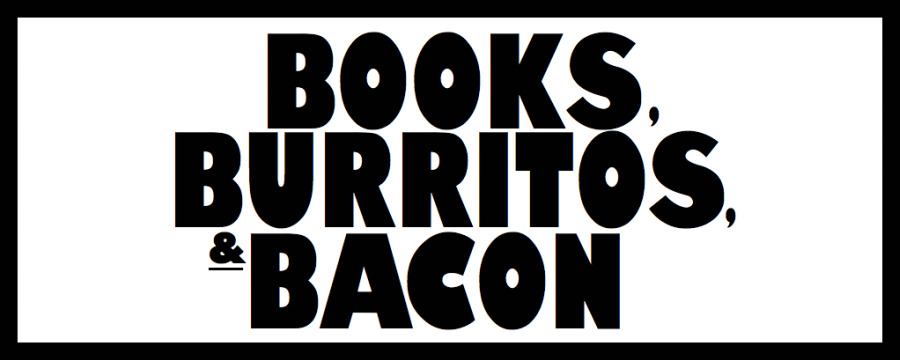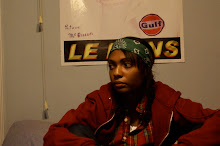The film and essay are about a sixteen-year-old girl who begins dating an older man. He’s a conman who charms her and her parents, takes her to France and treats her to upscale dinners. Although there are signs that he isn’t entirely on the up and up from the moment she meets him, she ignores them. The education alluded to in the title is that moment when we realize that we can’t always trust the people that we want to trust—the sort of education that no one really wants.
The first thing I noticed as I read the Barber essay was pacing. It moves along at a nice clip, which gives it this great journalistic quality. Most of the memoirs I read while I was in school would probably be classified as “creative non-fiction”—which is basically just another way of saying unconventional or resembles fiction. There’s nothing wrong with this kind of non-fiction, in fact, I like it a lot, but there’s something to be said for simple, straightforward writing especially if the content is thematically complex. I can see “An Education” being the essay that I end up modeling my own work after.
The second thing I noticed was how faithful Hornby was to Barber’s story. “An Education” (the essay) is only a few pages in length while An Education (the movie) is over 90 minutes long. The moments that Hornby invented were true to the facts and essence of Barber’s story, which I think takes real sensitivity and a deep understanding of the material.
Postmortem
- I wish that it were longer. This isn’t a criticism; actually, it has to do with how much I loved the essay. It looks as though some elongated version of this Granta story is being released later this month.
- If only I’d read this before I went to that Nick Hornby book signing. I could have asked him what it was in particular that inspired him to adapt it.



No comments:
Post a Comment